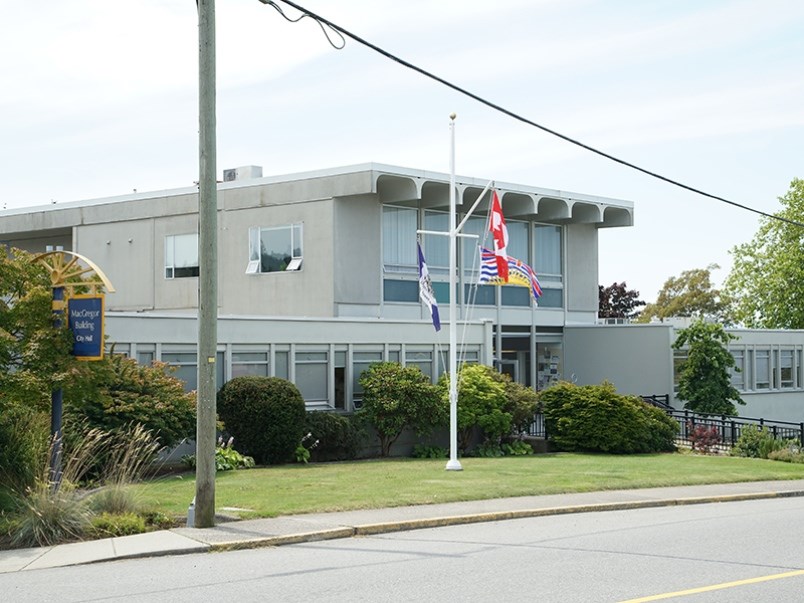City of Powell River Council has received a letter of concern about the number of in-camera meetings city council holds.
At the February 2 committee of the whole meeting, councillors reviewed a letter from Sherry Burton, who identifies as a member of City Matters, and a member of the Westview Ratepayers Society. She stated that City Matters is concerned that council may be closing some council meetings to the public unnecessarily.
“City Matters requests that council review the terms of Section 90 of the Community Charterand the Ombudsperson Best Practices Guide in order to ensure they are correctly applying the legislation,” stated Burton. “The taxpayers of Powell River are interested in the decisions that affect Powell River and want to be involved as much as possible. We ask that city council make every effort to minimize the number of in-camera meetings in the interests of openness, transparency and accountability.”
At the meeting, councillor Rob Southcott said the question of in-camera meetings still comes up in his mind as frequently as it did when he was not a councillor. He said he now sees quite clearly why matters are taken in camera. He added that he wanted to recognize corporate officer Chris Jackson.
“I have never run into anyone who is more conscientious or knowledgeable when it comes to legislative questions regarding what should and should not be in-camera,” said Southcott. “We all often look to him and that question comes up of whether in-camera is appropriate. I always feel confident, now that I am on this side of the table, that the question is being answered very well.”
Councillor George Doubt said he appreciates the letter and comments made regarding the ombudsperson’s report. He said he read through the report before he was elected to make sure he understood the information.
“People on council understand there is a discretion whether council discusses items in-camera or not and uses that discretion to make sure the discussions are appropriate,” said Doubt. “It’s even recognized when we make the motions to go in-camera and it’s read out every time by a member of council that includes the debate about whether or not an issue should be discussed in-camera.
“All of the places in local government where I’ve been in in-camera meetings, that debate happens from time to time. Most of the time the decision has been made by the people who are there that there is good reason for the item to be discussed in-camera.”
Doubt said he appreciates that people want to know more information about what is going on in-camera.
“Things could happen to make it more accessible to the public to understand what the meetings are about,” said Doubt. “I want to make sure people understand that the points in the letter are well made and most of them are considered when we go in-camera.”
Councillor Maggie Hathaway said council is required to justify why it is going in-camera. She said under Section 90 (1)(n) of the Community Charter, which is the ability to debate whether council should go in-camera, on a number of occasions, council has talked about whether an item should be in-camera.
She said she thinks council does a good job of determining what should and shouldn’t be in-camera.
The committee voted to receive the letter.



